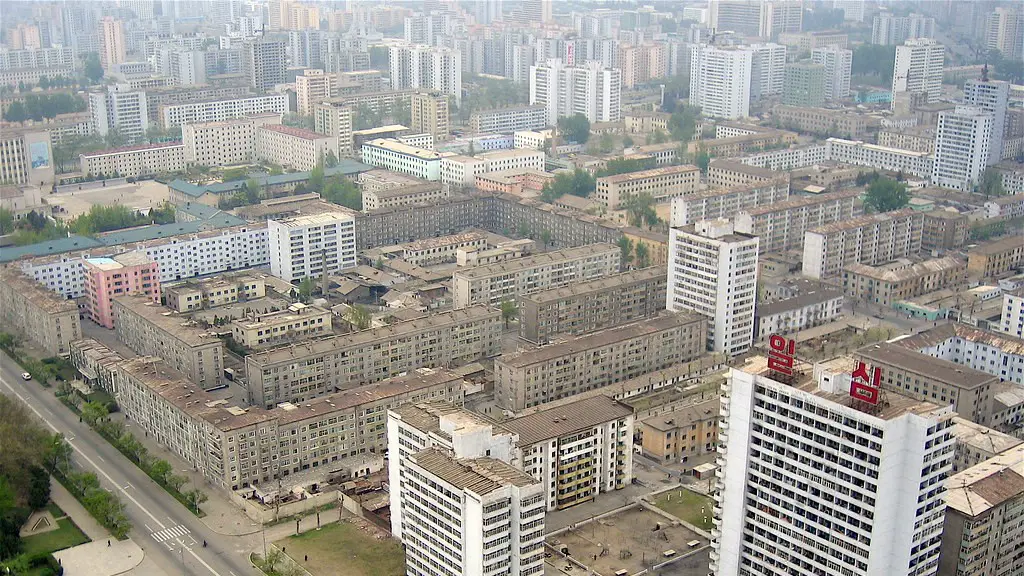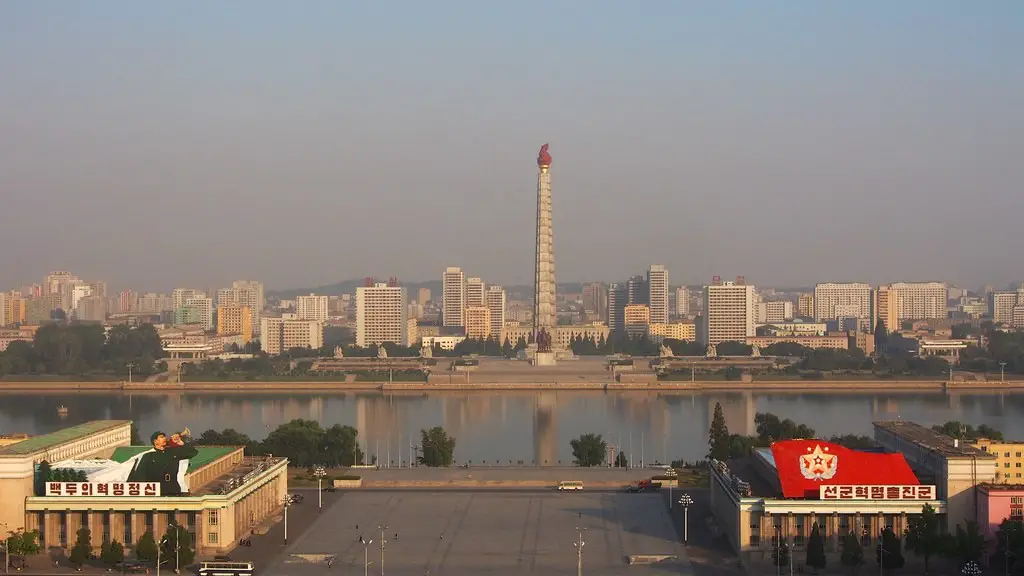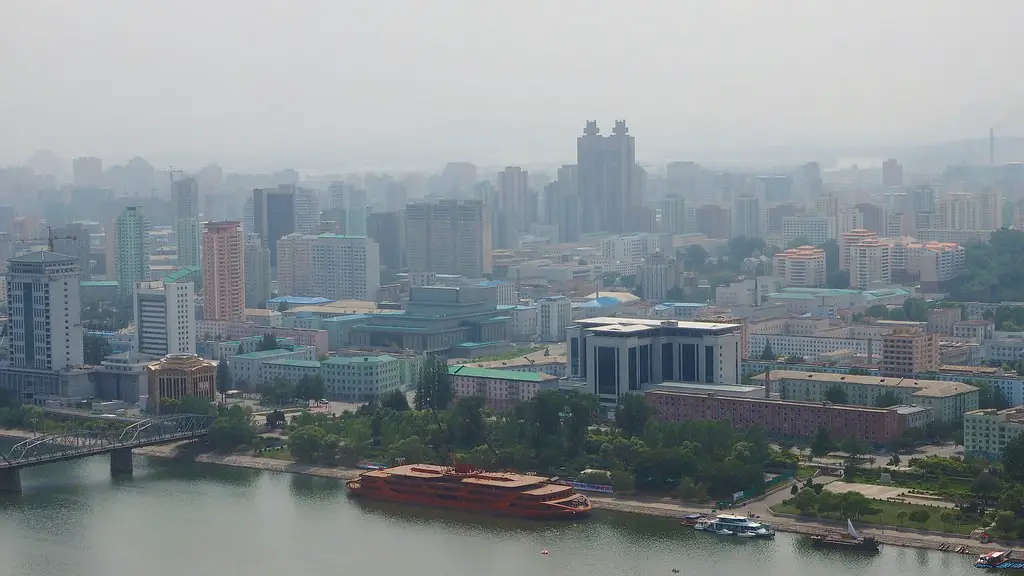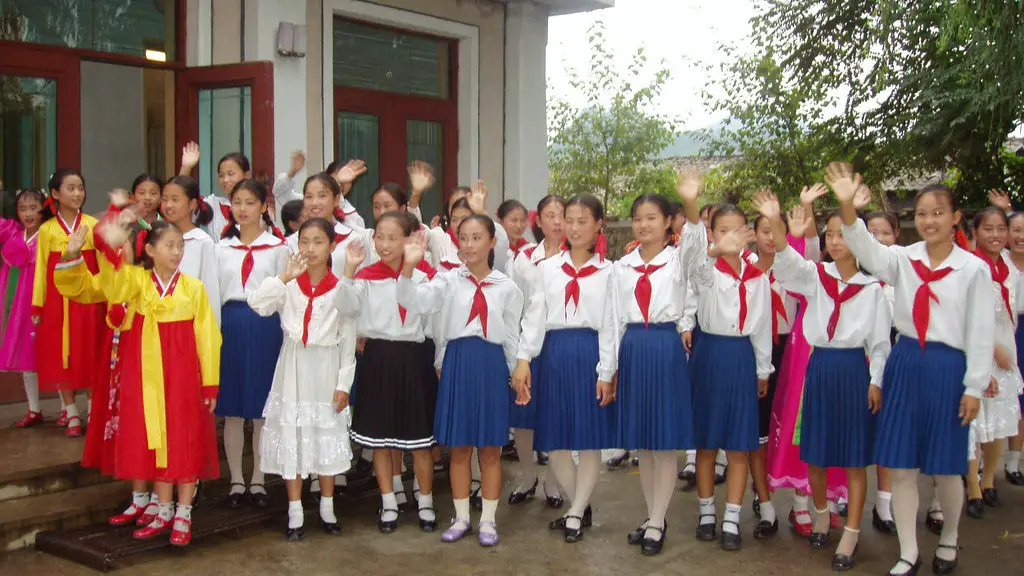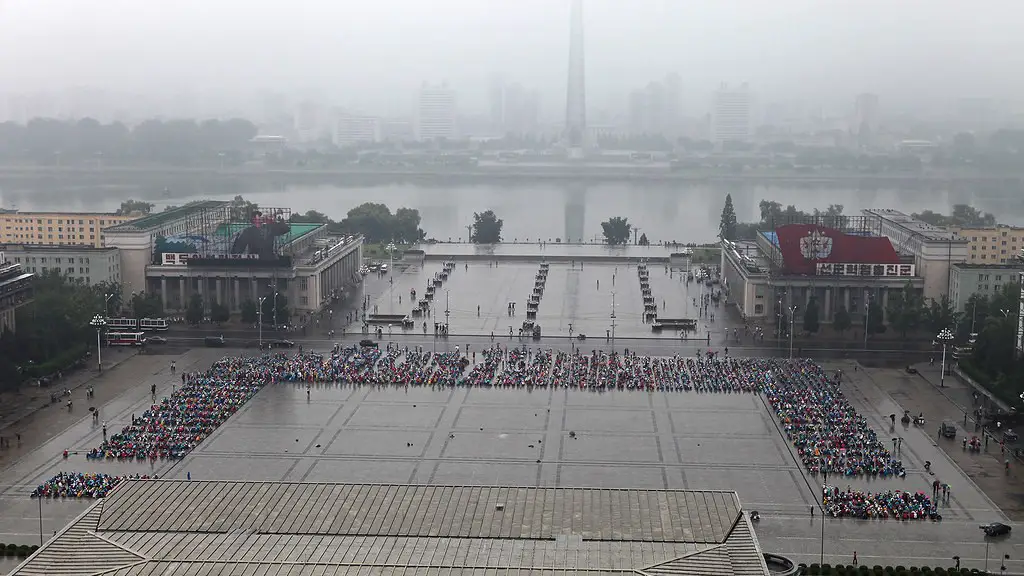Background Information
COVID-19 is an infectious disease caused by the novel coronavirus, Severe Acute Respiratory Syndrome Coronavirus 2 (SARS-CoV-2).It was first reported in Wuhan, China in December 2019 and has gone on to become a global pandemic.The World Health Organization (WHO) declared the outbreak a public health emergency of international concern on the 30th of January, 2020. North Korea has taken preventative measures to protect themselves against the virus. Official numbers, however, are hard to come by due to the country’s state secrecy practices.
Data
The number of COVID-19 cases reported in the Democratic People’s Republic of Korea (North Korea) by the WHO is zero. To date, the country has not reported any cases.However, it is possible that the virus has entered the country despite these official reports. The government has imposed stringent measures to prevent its entry such as border closures and travel restrictions.These have been largely successful as there have been no confirmed reports of any cases.
Perspectives from Experts
Experts have been skeptical about North Korea’s reported zero COVID-19 cases. They believe it is highly likely that the virus has entered the country and is possibly circulating undetected in the population. Dr. Eric Toner of the Johns Hopkins Bloomberg School of Public Health states, “I think the North Koreans have done an exceptional job of keeping the virus out so far. But it is unrealistic to assume that they haven’t had any cases at all.”
Dr. Stephen Morrison of the CSIS think tank also expresses concerns that North Korea may be masking the true extent of its COVID-19 cases. He states, “It is possible that some cases made it into North Korea, undetected by its official surveillance and detection system.”He explains that due to the country’s lack of medical and laboratory infrastructure and inability to carry out testing, it is difficult to assess the situation.
Analysis
It is reasonable to assume that North Korea is masking the true extent of its COVID-19 cases due to state secrecy practices. The country highly values its state sovereignty and does not wish to rely on foreign aid to manage the crisis. It has strict regulations on public information and is likely to avoid revealing any information on the number of cases in order to maintain a sense of stability. This could explain the official reports of zero cases.
In addition, North Korean citizens are reportedly facing a great deal of mistrust and stigma due to their potential association with the virus. This could be prompting them to avoid seeking medical attention and testing out of fear of the consequences. This means that any cases may go undetected and further fuel the spread of the virus.
Testing and Healthcare
North Korea has a limited number of testing facilities and lacks the resources to carry out mass testing. According to a report from the United Nations’ World Health Organization, North Korea only had 656 lab technicians as of 2018. Testing is largely restricted to high-ranking officials and those travelling in and out of the country. This could be a barrier to detecting cases and thus, may be responsible for the reported zero cases.
Due to limited resources, North Korea is heavily reliant on its healthcare system. The country has a three-tiered healthcare system with hospitals, clinics, and health posts run by government health departments. The core of the healthcare system is comprised of these health posts, which are managed by local officials and provide basic health services.
The country also has a universal public health insurance system, with government support for medical treatments. Despite this, there have been reports of rising medical costs due to shortages of medical staff and equipment. This could compound the problem for those seeking medical attention for any COVID-19 related symptoms and make them less likely to seek out healthcare.
Sanitation and Prevention Measures
North Korea has taken preventative and sanitation measures to prepare for the virus. The government has closed its borders and imposed travel restrictions, in addition to encouraging the use of face masks. It has also leveraged technology to track and monitor movement within its borders. This includes the use of mobile phone tracking to ensure that people do not breach the new travel restrictions.
The government has also launched a national campaign to educate people on the virus. This includes a range of awareness-raising activities such as TV programmes, leaflets and posters. The country has made efforts to ensure that the public is aware of how to protect themselves and others from the virus.
North Korea has also set up quarantine areas and checkpoints at major highways, train stations and ports. It has also established disinfection and medical points within these quarantine areas. This has allowed for isolating people who appear to be exhibiting any symptoms related to the virus and preventing them from crossing the border.
International Assistance
North Korea is largely isolated from the international community, and has been hit hard by international sanctions. This has prevented the country from accessing essential medical supplies, including the necessary protective equipment for frontline medical personnel. This could prevent medical staff from taking the necessary protective measures to protect themselves and their patients.
Despite this, a number of international organisations are providing assistance to the country. The World Food Program has been providing emergency food aid to help ensure access to food for vulnerable populations. The United Nations Population Fund has also put in place an emergency program to respond to the needs of pregnant women and young children.
In addition, the WHO has provided support to the North Korean government in terms of monitoring, alerting, and surveillance. This includes training in risk communication and community engagement, assisting with lab diagnostics, and providing assistance in strengthening the country’s healthcare system.
Public Response
The public response within North Korea has generally been positive. People have been encouraged to take preventative measures and maintain social distancing. In addition, there have been reports of music concerts being held outdoors with people keeping to a safe distance from one another.
The population has also shown an appreciation of the government’s efforts in protecting the country against the virus. This has given hope to some that the country is able to handle the situation without external aid. This could be a motivation to continue on these preventive measures and help the country remain COVID-19 free.
Conditions
The tightened travel restrictions have made it difficult for people to leave North Korea. This has particularly affected those in need of medical care in neighbouring countries as they may not be able to cross the border. It has also made it difficult for those wishing to visit their family members, as the restrictions make it hard to cross the border.
The lack of access to supplies and resources has also been concerning. North Korea has called on the international community for help in order to address the shortages. It is estimated that the country requires $91 million in order to access the necessary aid and prevent a further spread of the virus.
In addition, the lack of freedom of information within the country has hampered its ability to gain insights into the virus. The country has limited access to digital tools such as the internet and social media which could otherwise be used to raise awareness of the virus and take preventative measures.
Media
The media within North Korea has not been reporting extensively on the virus, as the government has implemented tight controls on media outlets. There are reports that the government is restricting access to international media such as the BBC and Reuters, as well as local newspapers such as the Rodong Shinmun. This could be an attempt to limit the public’s knowledge of the virus and present the official viewpoint only.
Despite the tight restrictions, some reports have been able to escape the censors. These reports focus on the preventative measures taken by the state, such as testing for the virus and the use of quarantine areas. This could be a sign of the government taking a more transparent stance on the issue.
Aid Organizations
International aid organisations have been working with North Korean officials to provide assistance to the country. The United Nations has been a key partner in this process and has established teams to support the country in the fight against the virus. These teams have been providing medical and technical advice, training and coordination between North Korean experts and international organisations.
Other organisations, such as Médecins Sans Frontières (MSF), have also been providing assistance. MSF has provided funding for medical supplies and assistance to health facilities throughout the country. The organisation is also working with the government to provide training and support to healthcare professionals.
In addition, there have been calls for the US and South Korea to provide assistance to North Korea. Both countries have expressed a willingness to help, although actual assistance has yet to be provided. The US has stated that it is willing to provide assistance as long as there is confidence that the resources will be used to address the health needs of the population.

